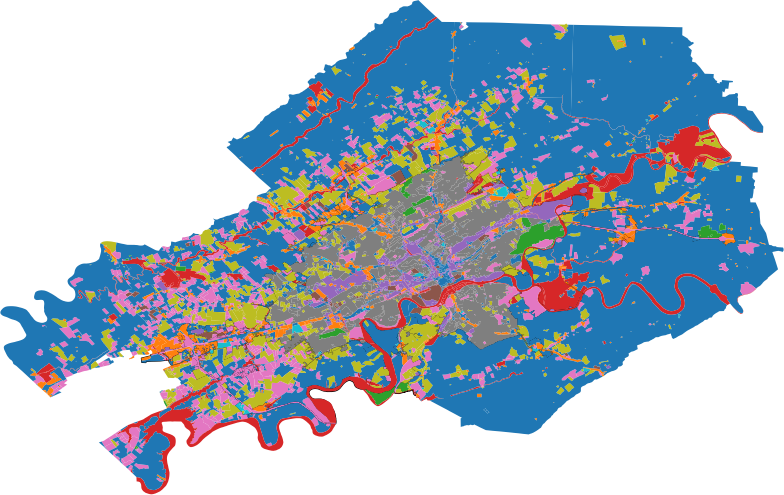Using Jupyter Notebooks to Enable Exploration of Knoxville's Open Data
In this post I will be talking about a project I have been working on
to make knoxville’s opendata more accessible by converting formats
such as pdf, html, and REST apis to csv, json or geojson
files. Most importantly a Binder notebook is provided at this
link. For those not familiar with Binder notebooks: they are jupyter
notebooks that are currently hosted on Google Cloud for free! This
allows you to launch preconfigured interactive notebooks for anyone
and only require a web browser. Preconfigured is key because it allows
installation all of the tools necessary for analysis such as pandas,
load the data, and give some examples for motivation of questions that
can asked about the data. Since it is a fully programming environment
with 1 CPU and about 8 GB of RAM the sky is the limit on the work that
you can do.
Most important links:
I encourage contributions to the project and I will help anyone who would like to do a pull request. The project is fully open source (MIT License).
To me this providing this data in a more accessible format allowing for full exploration of the data is important. Without the data being available and easy to work with decisions based on the data can appear mysterious and out of your control. This will allow us to engage with our government and provide real metrics of progress. I think that this data is most empowering to students, journalists, small businesses, and activists/organizers. Catherine Devlin talked about this in detail at her keynote in PyCon.
I was lucky enough to hear a talk from the city of knoxville about one
year ago and I am proud to say that they have made some serious
progress. The metropolitan planning commission’s work on providing GIS
data is significantly easier to work with than open knoxville data. I
can tell that they are focused on providing the data as opposed to
creating interactive dashboards of the data. I am so happy to hear
this. One of the biggest issues with parsing non trivial data formats
such as pdf, html, and undocumented REST APIs is the huge amount
of developer time put in per person to work with the data. This time
can be though of as a barrier to entry. For several of the datasets I
have parsed from pdf or REST apis to a csv format each took me
about 4-6 hours. All of the datasets are available in the data folder
of the repository.
The datasets included (as of June 2018):
- Greenways and Trails (
geojson) - Parks (
geojson) - Knoxville County Zoning (
geojson) - 311 call center metrics (
csv) - Crime dataset: type of crime, location, time, etc. (
csv) - Tree Inventory: current trees, future trees, location, species
(
csv) - Properties: ownership, prices, etc. (
csv)
